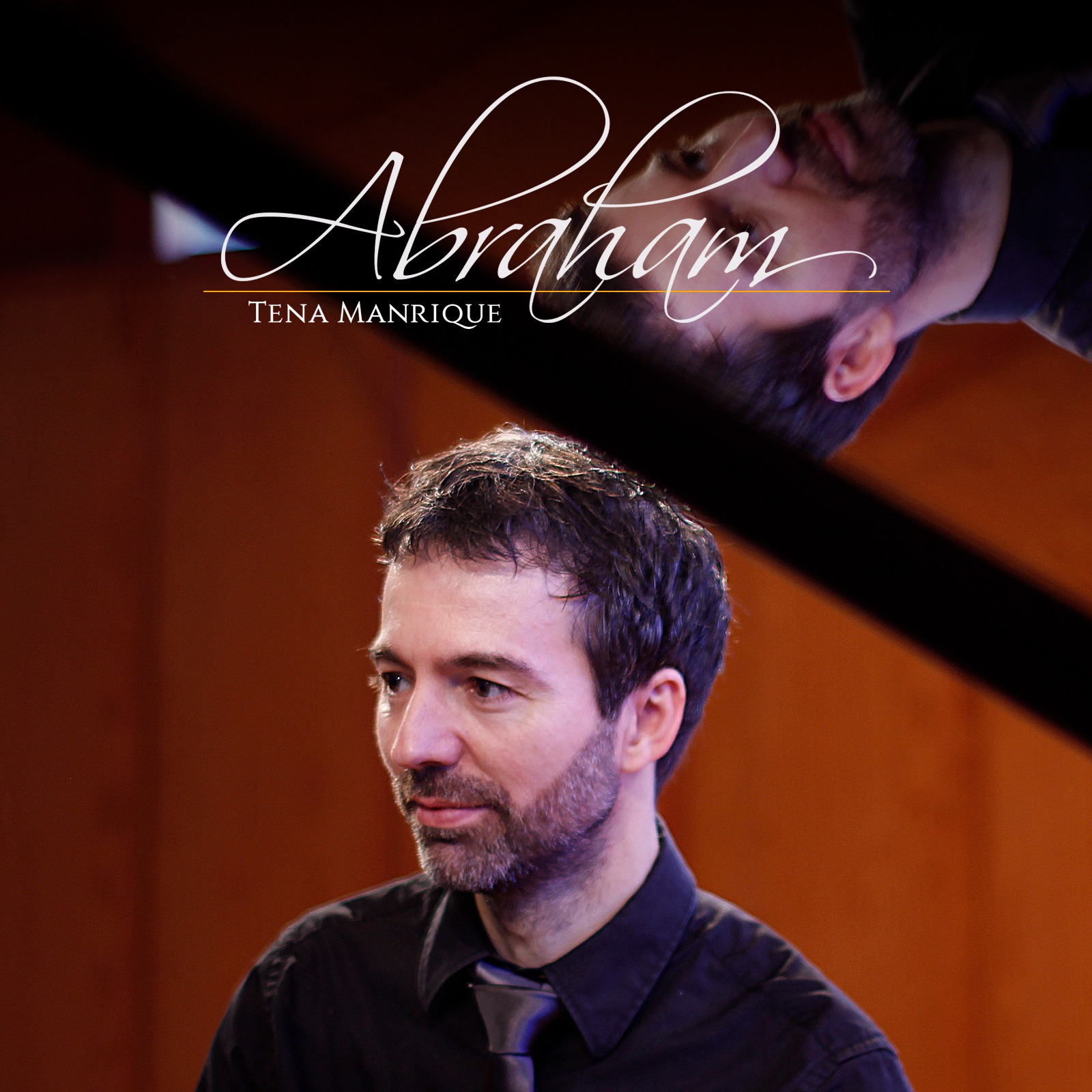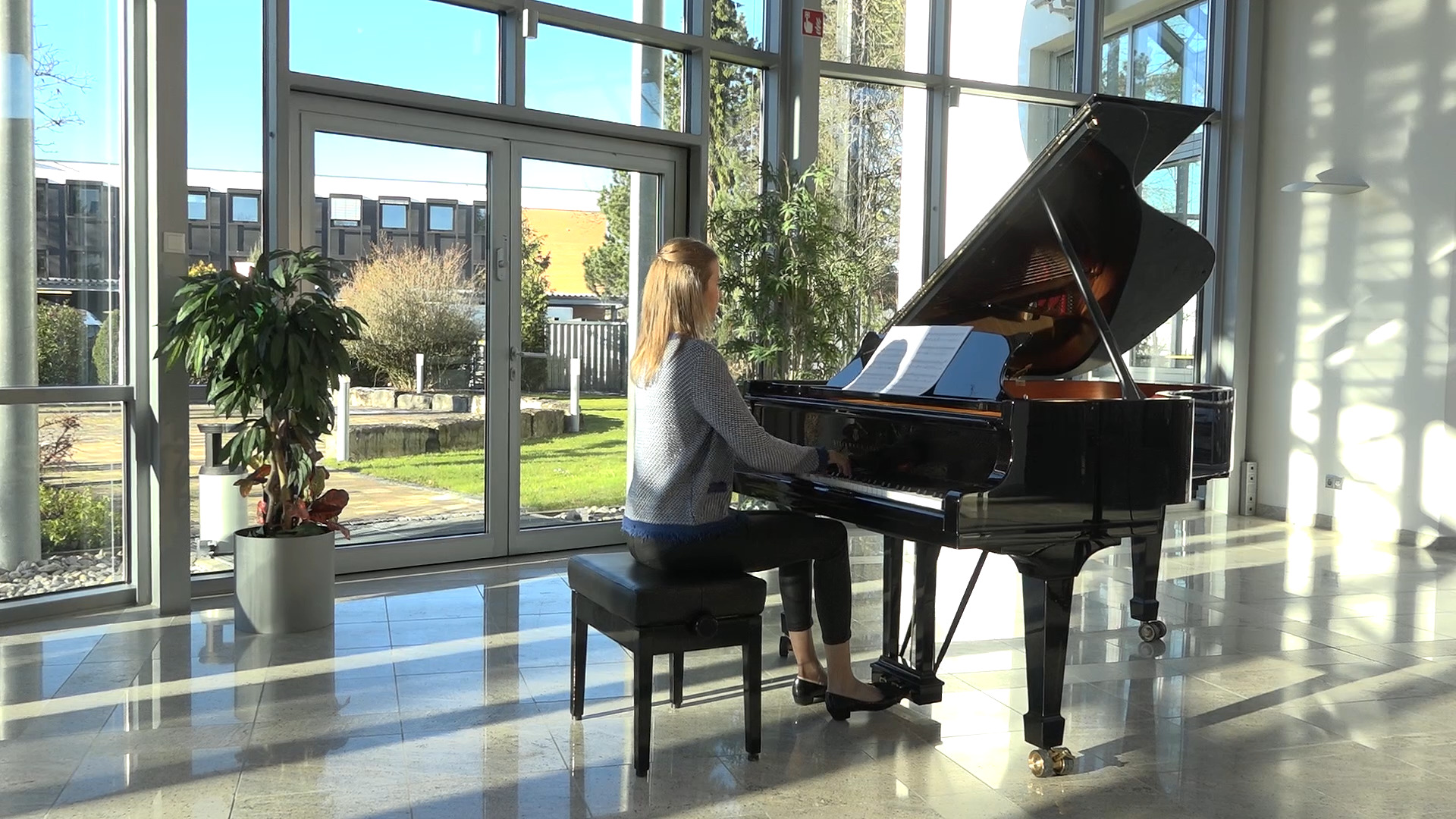About
In April 2018, Abraham Tena Manrique is appointed President of the WPTA-SPAIN-COMPOSITION (World Piano Teachers Association). The WPTA is an association that exists in more than thirty countries around the world, where it organizes annual conferences, competitions of piano, composition, chamber music, as well as recitals and masterclasses. Abraham Tena Manrique will be the Chairman of the 1st International Composition Competition of the WPTA-SPAIN, which will take place in May 2019.
At the end of 2017, the Da Vinci publishing house, which also has a record label of great international recognition, edits a CD with several of the works of Abraham Tena Manrique, performed by himself and recorded at the Auditori Pau Casals.
Between the end of 2017 and the beginning of 2018, Abraham Tena Manrique offers several recitals in which he performs the eighteen works for piano of the CD that the Da Vinci publishing house publishes at the end of 2017, performed by the composer and recorded at the recognized Auditori Pau Casals.
The Real Artistic Circle of Barcelona is the emblematic place chosen for this presentation, since its privileged location in the Pignatelli Palace, right in the center of Barcelona, together with the beauty of its concert hall and the prestige of the entity - one of the main bastions where Catalan Modernism was developed - make this institution founded in 1881 the ideal place for the first concert of the musician of this season. The digital music magazine Clásica2 echoes this tour beginning, as it has done so many times with its achievements nationally and internationally.
Without leaving aside its concert facet, it is also worth mentioning the Closing Concert that it offers in the III Edition of the International Festival Villa de Xàbia (Alicante), invited by Nati Ballarín, director and founder of the same. Interested in the composer's piano works, she creates the "Abraham Tena Manrique" prize for the VI Edition of the Villa de Xàbia International Piano Competition - of which she is also founder and director - which will take place next June 2018.
In 2017, Abraham Tena Manrique, becomes a member of two great associations of composers in Spain, such the Federation of Associations of Iberian Composers (FAIC) and the Associació Catalana de Compositors (ACC). The ACC programmed (February, 2018) a concert with the pianist Fedor Veselov in Barcelona, where the great russian pianist played Khárôn I Op. 32, by Tena Manrique.
In 2017, the Japanese publishing house Da Vinci - directed by Edmondo Filippini, Director of the Mozart Foundation of Osaka, which has the support of the Italian Institute of Culture of Osaka - has published eighteen works for piano by Abraham Tena Manrique. A collaboration with this publisher is opened with which he will publish in the near future all his piano production, which amounts to almost fifty compositions.
In 2016, the soloists of the OCNE (National Orchestra and Choir of Spain), premiered their Octeto Séneca Op. 31 at the National Auditorium in Madrid, after recording in Estudio 206, Radio Clásica's musical program (RNE).
However, at the present time the work of Tena Manrique is not limited only to its interpretative aspect and to the editorial, since the composer is also writing the Cantata The Seven Words of Christ on the Cross, commissioned by Sergio Espejo, pianist of the National Orchestra and Choir of Spain (OCNE), to be presented at one of the Satellite Concert organized annually by the OCNE at the Madrid Auditorium. This will not be his first composition premiered at the Auditorium, since on March 1, 2016 the soloists of the OCNE performed his Octeto Séneca Op. 31, written by order of the aforementioned pianist, previous recording in Estudio 206, Radio's musical program Classical (RNE).
This work was published by the centenary Editorial Boileau, joining their compositions already published during the previous year: the Quixote String Quartet Op. 22a and the Don Quixote Opus 22B violin and cello piano trio.
The Japanese publisher Da Vinci - directed by Edmondo Filippini, Director of the Mozart Foundation of Osaka and sponsored by the Italian Institute of Culture in Osaka - has published eighteen works for piano by Abraham Tena Manrique.
Since 2012, many musicians have premiered and performed some of their works for piano, piano for four hands and for piano and clarinet, and other compositions for other chamber ensembles. Kiev Portella, founding member of the Mompou Foundation and excellent pianist, interprets several of his works assiduously in Barcelona, Tarragona or Menorca, to name a few cities.
Likewise, George Sand Piano Duo premiered and often performed two of his compositions for piano four hands, one of them written and dedicated to this chamber group, The garden of the Hesperides Op. 37, in theaters of Madrid, Lugo, Palma de Mallorca and Mérida.
Raquel del Val premieres in London, in February 2017, the Bagatelle Op. 23 'Alborada', Jenna Sung does the same with the 2 Preludes Op. 26 in Birmingham, Patricia García Gil premieres the seven fantasies The Pilgrim Path Op. 20 in Huesca, Anthi and Kostaq Vrame perform the Fantasie for piano four hands Op. 1 in Albania and Luis Becerra premieres Khárôn I Op. 32 and interprets it, as well as among other stages, in the Rodrigo hall of the Palau de la Música in Valencia, and many more artists, such as Isabel Pérez Dobarro, Amy Jones, Joana Resendes, Riccardo Bozolo, all of them of recognized international prestige.

